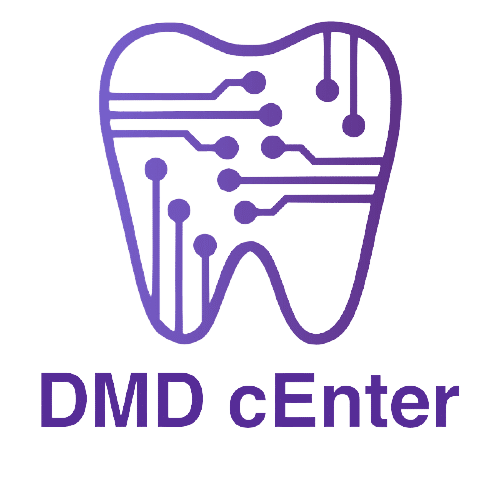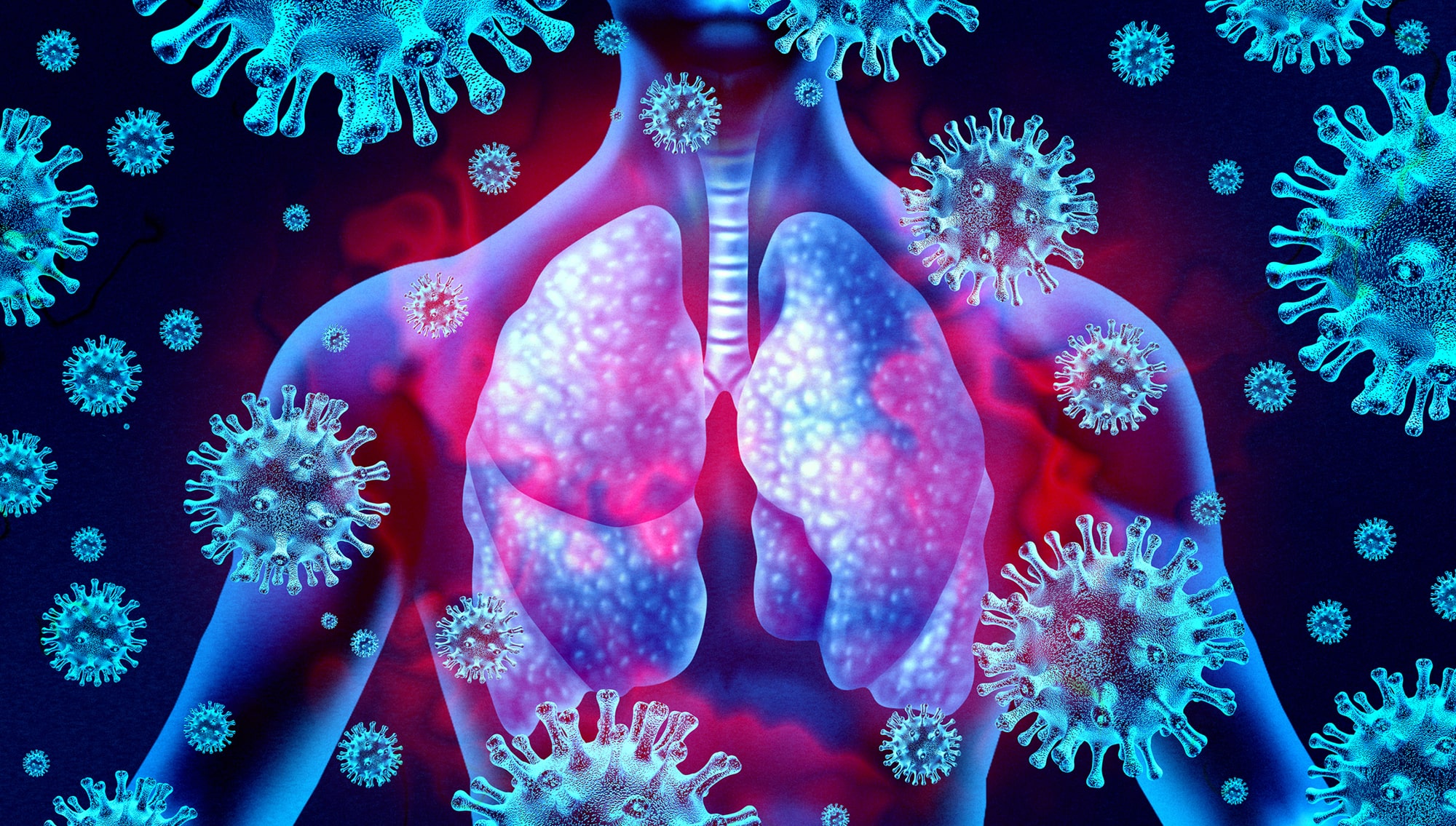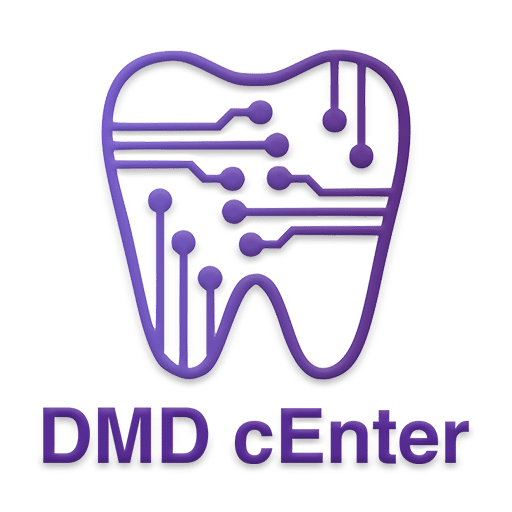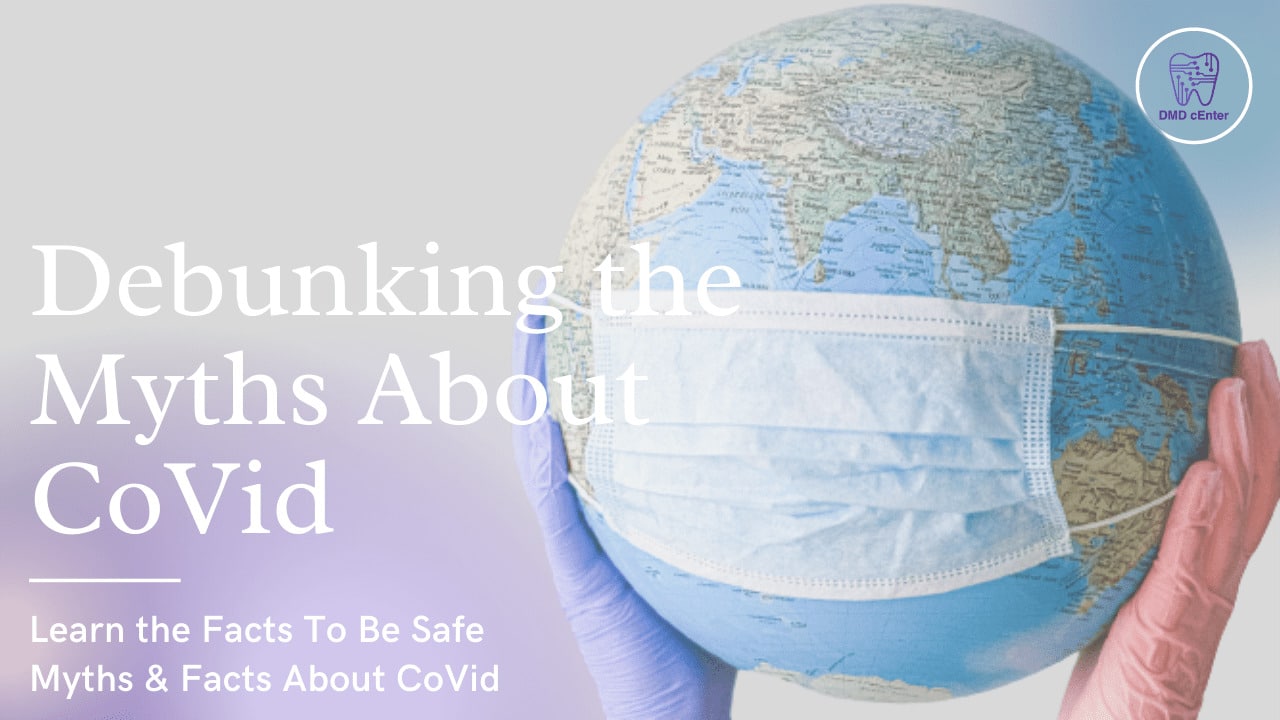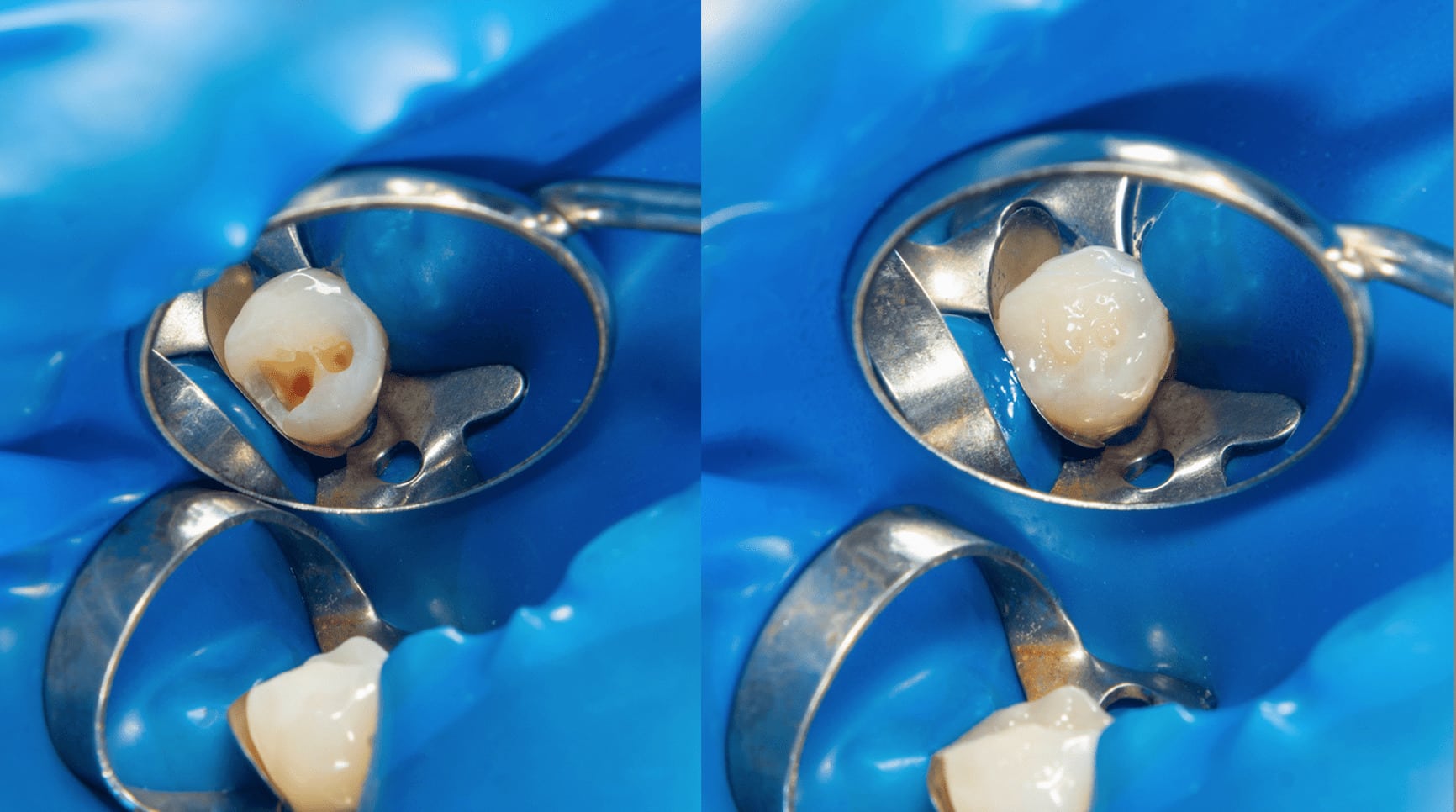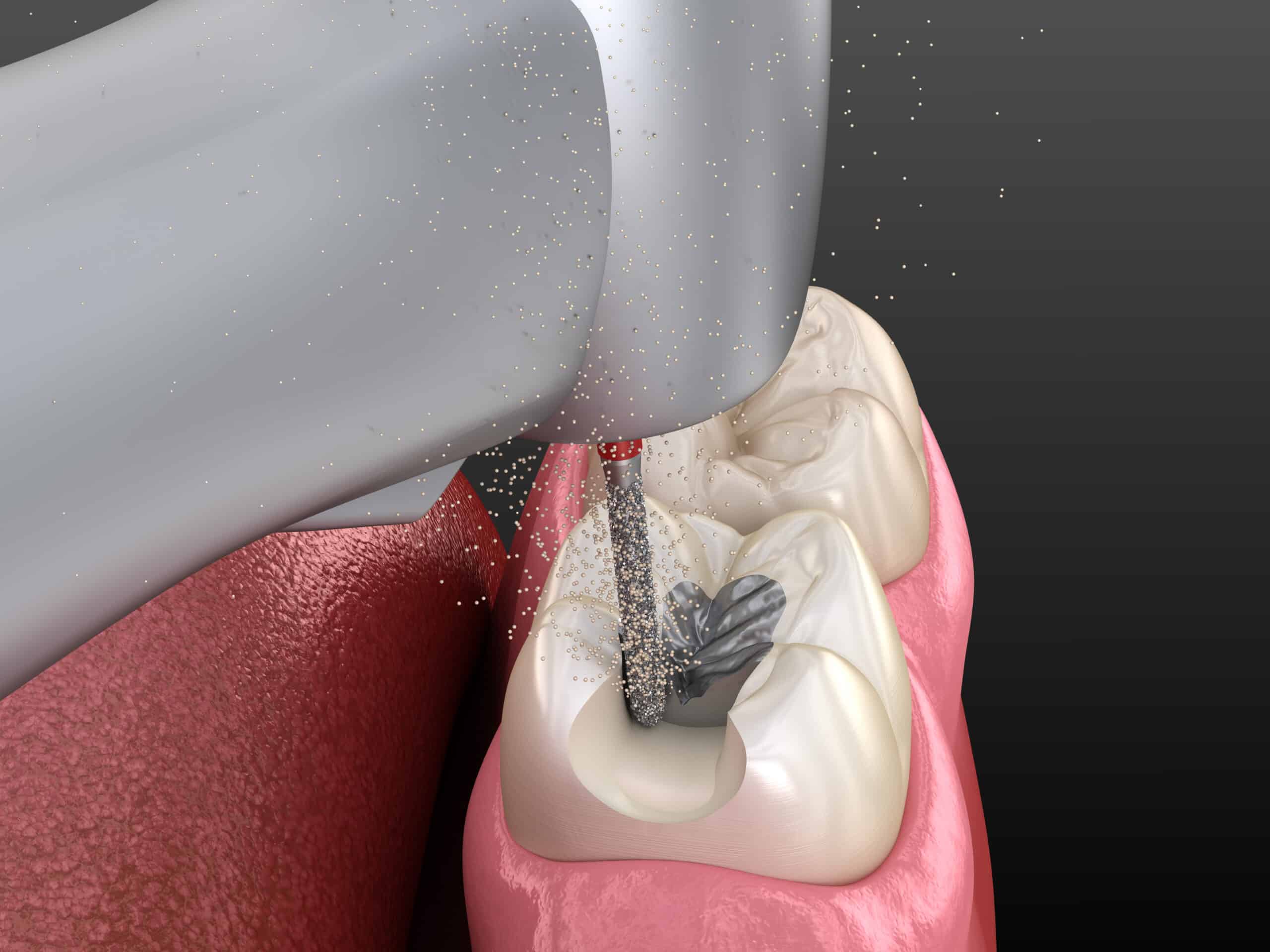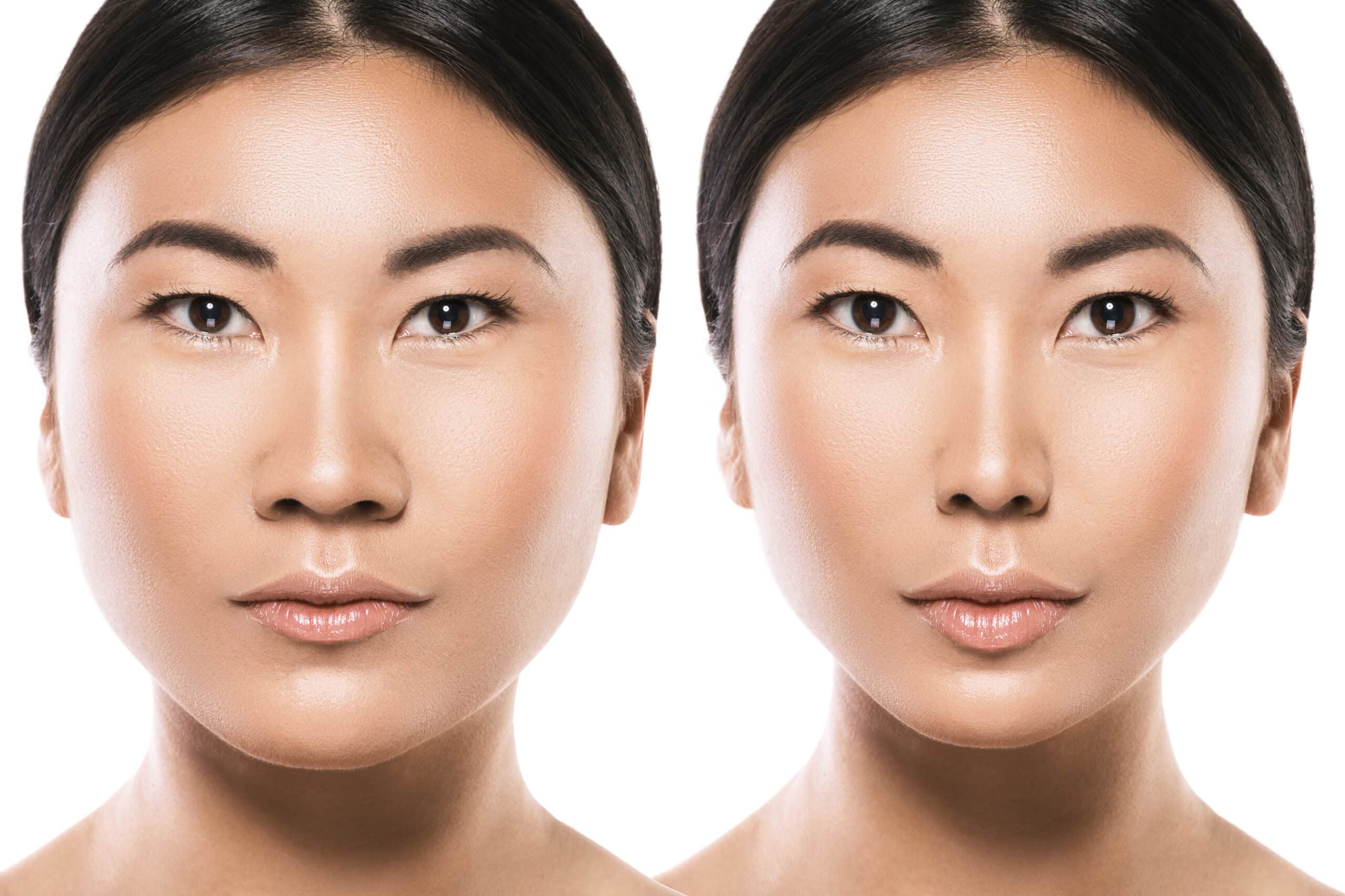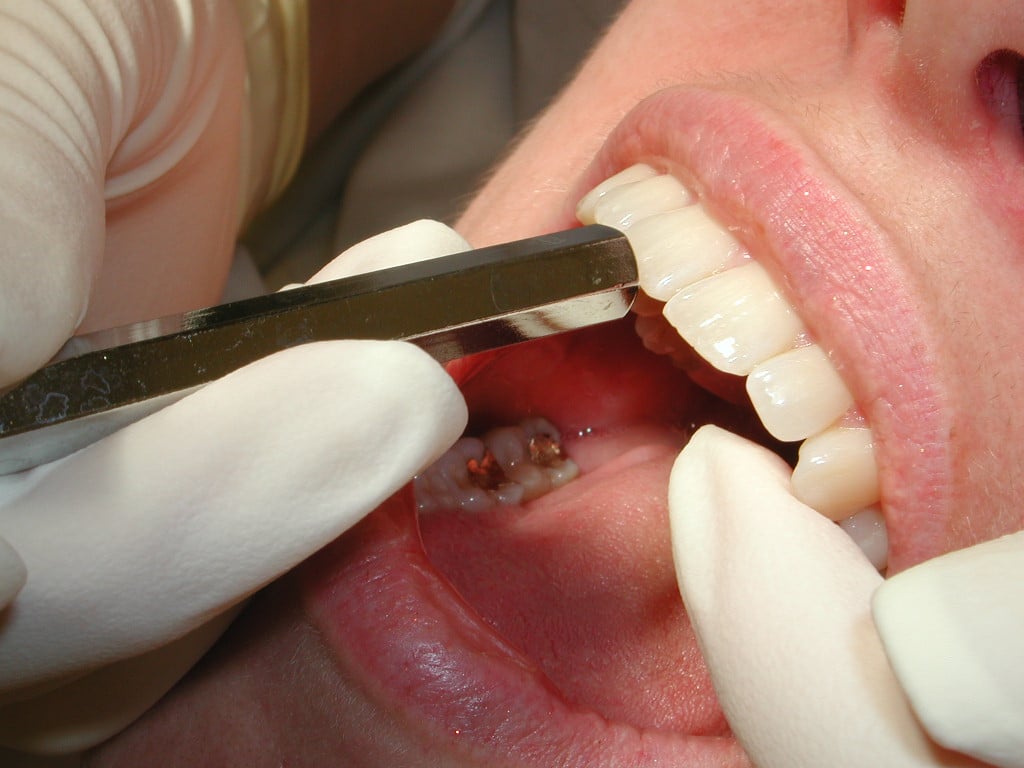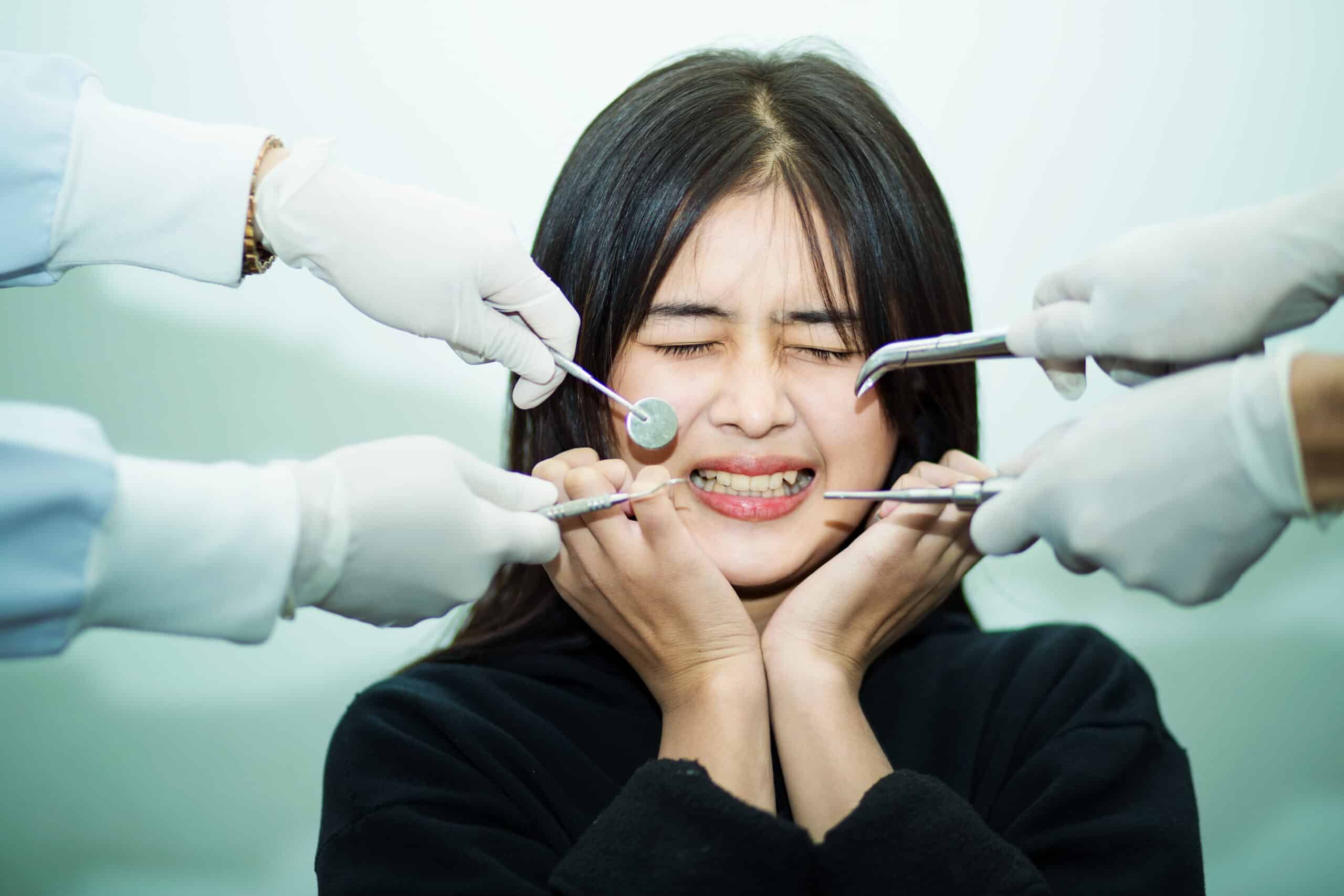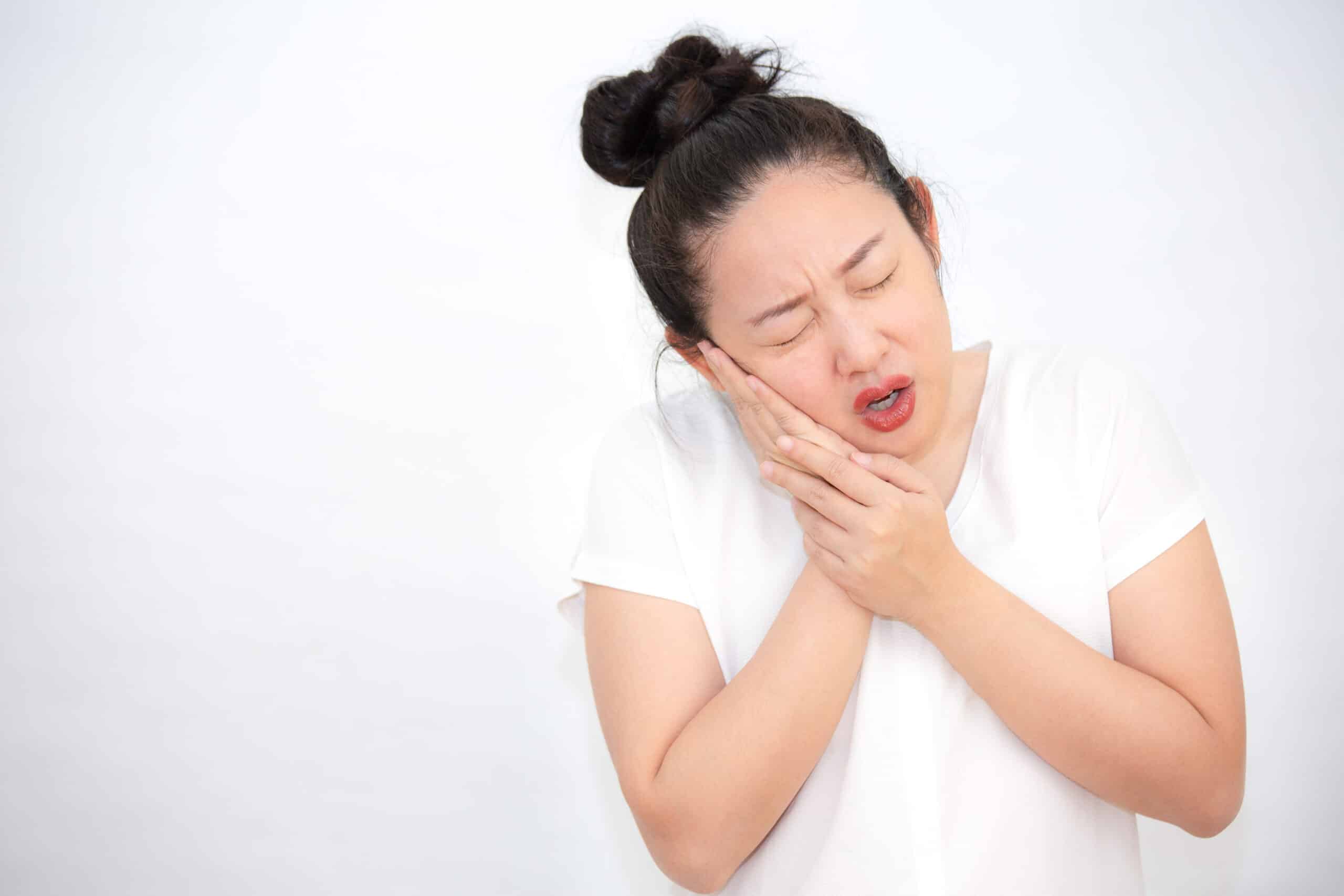You Have Recovered From CoVid-19, so, what now?
When you experienced CoVid-19 personally and got sick, you are just so concentrated on getting well, and, afterwards, just grateful you recovered. As most of the studies show that by the end of 10 days of infection, your body has cleared the active virus. Majority of the medical advice during recovery is to stay at home long enough to ensure you're no longer contagious with 72 hours after resolution of your respiratory symptoms and fever and has been tested negative. However, not everyone recovers within weeks after becoming unwell and some people develop post-COVID symptoms. Four weeks or more after being infected with the virus that causes COVID-19, people may still develop a wide range of new, returning, or chronic health problems known as post-COVID disorders. So, DMD cEnter would like to discuss about post CoVid care which are things you may need to know after your recovery from CoVid-19.
POST COVID COMMON SIGNS & SYMPTOMS
➢ Fatigue
➢ Shortness of breath or difficulty breathing
➢ Cough
➢ Joint pain
➢ Chest pain
➢ Memory, concentration or sleep problems
➢ Muscle pain or headache
➢ Fast or pounding heartbeat
➢ Loss of smell or taste
➢ Depression or anxiety
➢ Fever
➢ Dizziness when you stand
➢ Worsened symptoms after physical or mental activities
POST COVID CARE
Even persons who did not show symptoms of COVID-19 in the days or weeks following their infection can develop post-COVID complications. For varying lengths of time, these diseases might manifest as various sorts and combinations of health problems. Recovering from these symptoms is the top priority to able to go back to the society. It is important to follow a healthy lifestyle to fully recover oneself from this debilitating disease. So, here some tips on how to recover from this infection:
1. Maintain a Nutrient Rich Eating Routine:
An important practice is to maintain a nutrient and supplement-rich food routine to aid in recuperation. Coronavirus exposes the body to a great deal of stress, and the medications used to treat it can also be debilitating. A small percentage of patients also report unexplained weight loss or increase. To compensate for the loss of hunger, follow a well-organized eating regimen rich in organic products, vegetables, eggs, and healthy poultry. Make an effort to eat cooked foods that are easy for the body to process. Vitamin C and Zinc are important vitamins that cab recovering the body. Keep in mind that your body is barely attempting to regain full strength. Try not to overwork yourself or eat unhealthy foods.
2. Work on Your Memory:
This infection has been linked to memory loss. Spend some of your days playing puzzles, memory games, and other activities that force you to think harder in order to rebuild your lost attention, cognitive thinking abilities, and memory. Make a list of techniques to re-energize your thoughts. Begin with the tasks that are doable, and keep challenging yourself to improve your sharpness. The trick is to take it slowly and do something good for your brain every day.
3. Exercise Regularly:
Exercising can be difficult when you're recovering and your body is weak, but, gradually incorporate it into your daily routine, so, it can improve your physical and emotional health.
4. Pace Yourself:
Allow yourself enough time to gradually return to your old daily routine, one day at a time. Keep in mind that you have recently recovered from an illness that severely weakened your immune system. Some activities, such as exercise, may take energy, but, they are a good energy “investment”, because over time they help increase your energy “budget”. Once you are more clear about your “energy boosters” and “energy drainers”, the next step is to be strategic about how you prioritize, plan, and pace these activities.
Plan:
➢ Take time each night to review the day and plan the next day.
➢ List activities and schedule tasks that need to be done.
➢ Schedule in breaks (activity-break-activity-break etc)
Pace:
➢ Break up a large task by doing a little every day.
➢ Plan to take your brain break before you feel tired.
➢ Spread your “energy drainers” over the week.
Prioritize:
➢ Decide which activities are most important to you.
➢ Invest your energy wisely.
➢ Schedule in “energy boosting” activities
5. Self-Monitoring:
It is essential to inform daily check of oxygen levels and temperature. Look for warning signs like fever, breathlessness, low oxygen levels (Sp02 < 95%), unexplained chest pain, new onset of confusion or focal bodily weakness. Always keep in check and contact with your physician
By following a healthy lifestyle slowly, the body can recuperate itself from this disease
CONCLUSION
It is important to take note that there are still a lot of things we need to learn from CoVid-19. So, while it is typical for a COVID-19 patients to recover in 3 weeks, there are researches that shows the following:
➢ There might have long-term effects on their kidney, lungs, and heart.
➢ There's still very little information about our immune system's response to this virus, including how long protective immunity may or may not last and reinfection is a great possibility. Hence, it is important to acknowledge that your body needs enough opportunity to recover. Straining your body or immersing oneself to fatigue and stress may become a factor for your reinfection.
➢ Even after recovering from COVID-19, it's imperative that you get vaccinated and continue to practice the preventive measures that protect yourself and others from the virus, including social distancing, wearing a mask and washing your hands regularly. In fact, a recent study found that unvaccinated adults were twice as likely to get reinfected with COVID-19 than those who got vaccinated after they'd recovered from their illness.
Basing on the current situation one must still protect oneself and, even more so, care for one's health after recovering from CoVid-19. Be vigilant on the changes that may occur in ones body after recovery. And, that the universal precaution that can help prevent the spread of this COVID-19 is just that we all need to do our part and be responsible for keeping yourself and our community well and safe. Each and every one of us needs to take these precautions seriously, regardless of whether you've already had COVID-19 or not.
CONTRIBUTORS
Dr. Bryan Anduiza - Writer
Dr. M. Jean Villanueva-Galindez - Editor
